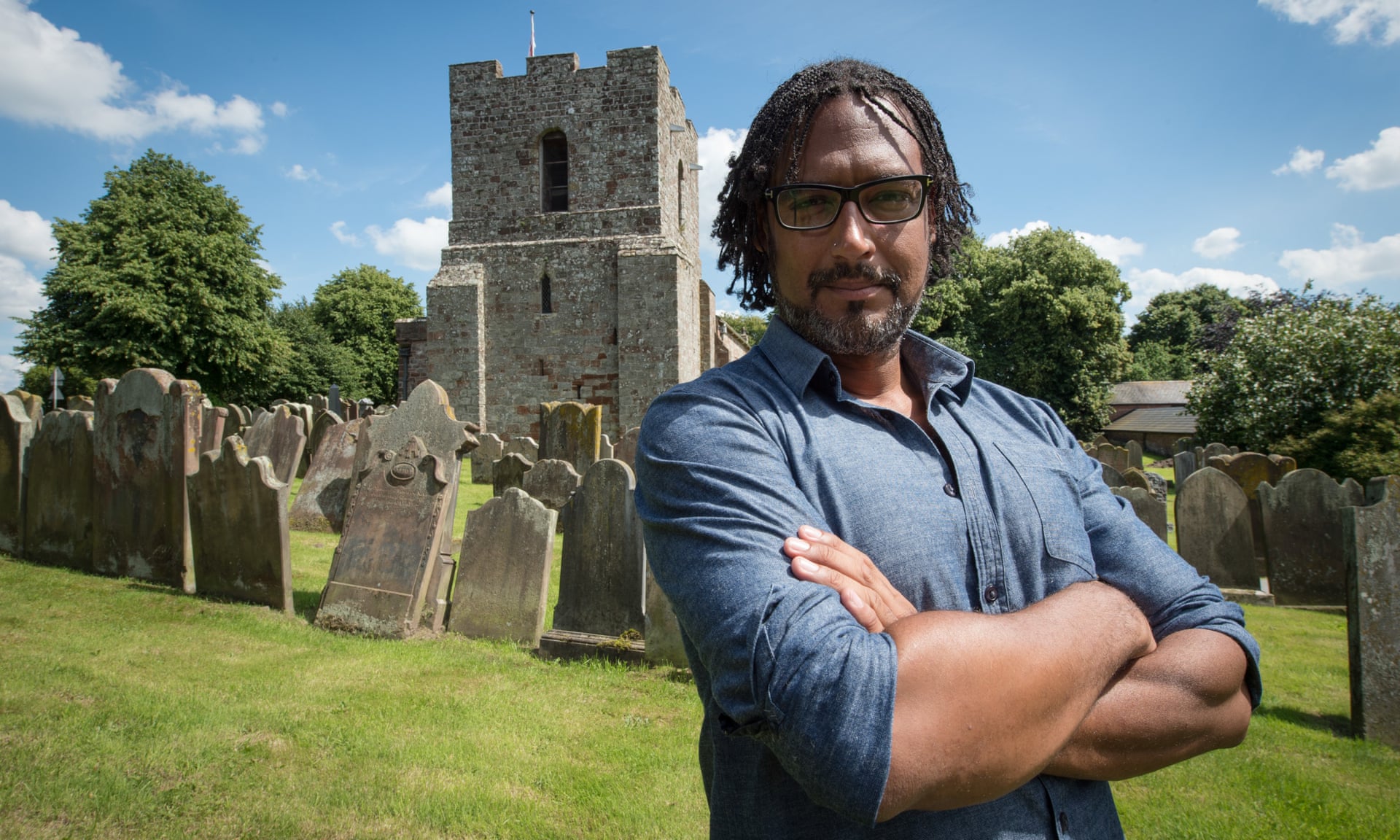The Myth of a Post-Racial AmericaPosted in Articles, Media Archive, Politics/Public Policy, Social Justice, United States on 2016-11-20 01:48Z by Steven |
The Myth of a Post-Racial America
Literary Hub
2016-11-07
Pamela Newkirk, Professor of Journalism
New York University
Pamela Newkirk Wonders How Much Further Back We Can Go…
For the past eight years, many African-Americans instinctively presumed that the venom spewed at President Obama was on account of his race. More recently, we endured a steady stream of chilling videotaped killings of unarmed blacks by police, and the harsh realization that despite all our protests and all our tears, for much of white America, Black Lives Don’t Much Matter. In case after case, the police went unpunished and most whites, when polled, supported impunity.
By the time Donald Trump won the Republican presidential nomination, he vowed to ban Muslims, build a wall to keep out Mexicans, and had scapegoated blacks. We who are black, unlike many of our fellow Americans, were hardly surprised.
For years, Trump attempted to illegitimize Obama’s presidency by stoking the Birther movement and yet still managed to win the support of a cross-section of Republican leaders, including US senators and governors, from North and South. We hoped in vain for a chorus of condemnation, and instead watched a shameful parade of Republican leaders, including House Speaker Paul Ryan, pledge their support or remain silent. Rather than an aberration, Trump’s rise seems the inevitable undraping of a sizable portion of white America that has always lurked in the shadows, stubbornly refusing to sync their customs with national ideals…
…Trump’s nomination and strong appeal in the general election recalls a more candid period at the turn-of the 20th century when many of the nation’s most esteemed leaders proudly flaunted their anti-immigration and anti-Black rhetoric. It behooves us to recall that, in 1916, Madison Grant’s wildly popular book The Passing of the Great Race advocated the cleansing of America from “inferior races” through birth control, racial segregation, and anti-miscegenation and anti-immigration laws. Grant, a New York high-society lawyer and co-founder of the Bronx Zoo, infamously warned:
Whether we like to admit it or not, the result of the mixture of two races, in the long run, gives us a race reverting to the more ancient, generalized and lower type. The cross between a white man and an Indian is an Indian; the cross between a white man and a negro is a negro; the cross between a white man and a Hindu is a Hindu; and the cross between any of the three European races and a Jew is a Jew.
The book was hailed by President Roosevelt as “a capital book—in purpose, in vision, in grasp of the facts,” and was later praised by Hitler…
Read the entire article here.






